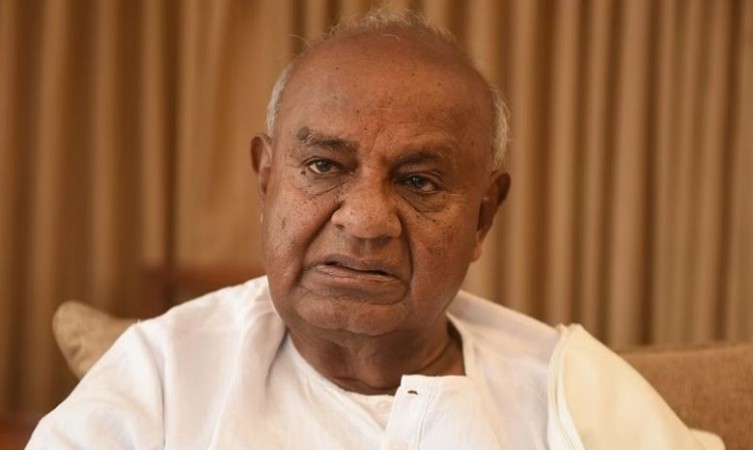
Born on May 18, 1933 in Hardanhalli, a remote village in Hassan district, Gowda served as the country's PM for 10 months between June 1996 and April 1997. Deve Gowda is a prominent Indian politician who has had a significant political career and left a notable legacy.
Gowda served as the 11th Prime Minister of India from June 1996 to April 1997. He was a member of the Janata Dal party and represented the state of Karnataka. Prior to becoming the Prime Minister, he held various political positions, including being a member of the Karnataka Legislative Assembly and a Member of Parliament.
During his tenure as Prime Minister, Gowda focused on implementing policies aimed at agricultural and rural development. He emphasized the need to address the concerns of farmers and worked towards promoting their welfare. His government also initiated several infrastructure projects and sought to improve the overall economic and social conditions of the country.
Gowda's political career has been characterized by his association with regional politics and his ability to form and lead coalitions. He played a crucial role in the formation of the United Front government, which comprised various regional and left-leaning parties.
His legacy lies in his role as a leader who championed the cause of farmers and rural development. He is often regarded as a humble and approachable politician who maintained a strong connection with the grassroots level. Gowda's commitment to social justice and his efforts to uplift marginalized communities have earned him respect and admiration.
Overall, H. D. Deve Gowda's birthday serves as a reminder of his contributions to Indian politics, particularly in the areas of rural development and coalition politics.
Connecting the Globe: Celebrating World Telecommunication Day on May 17